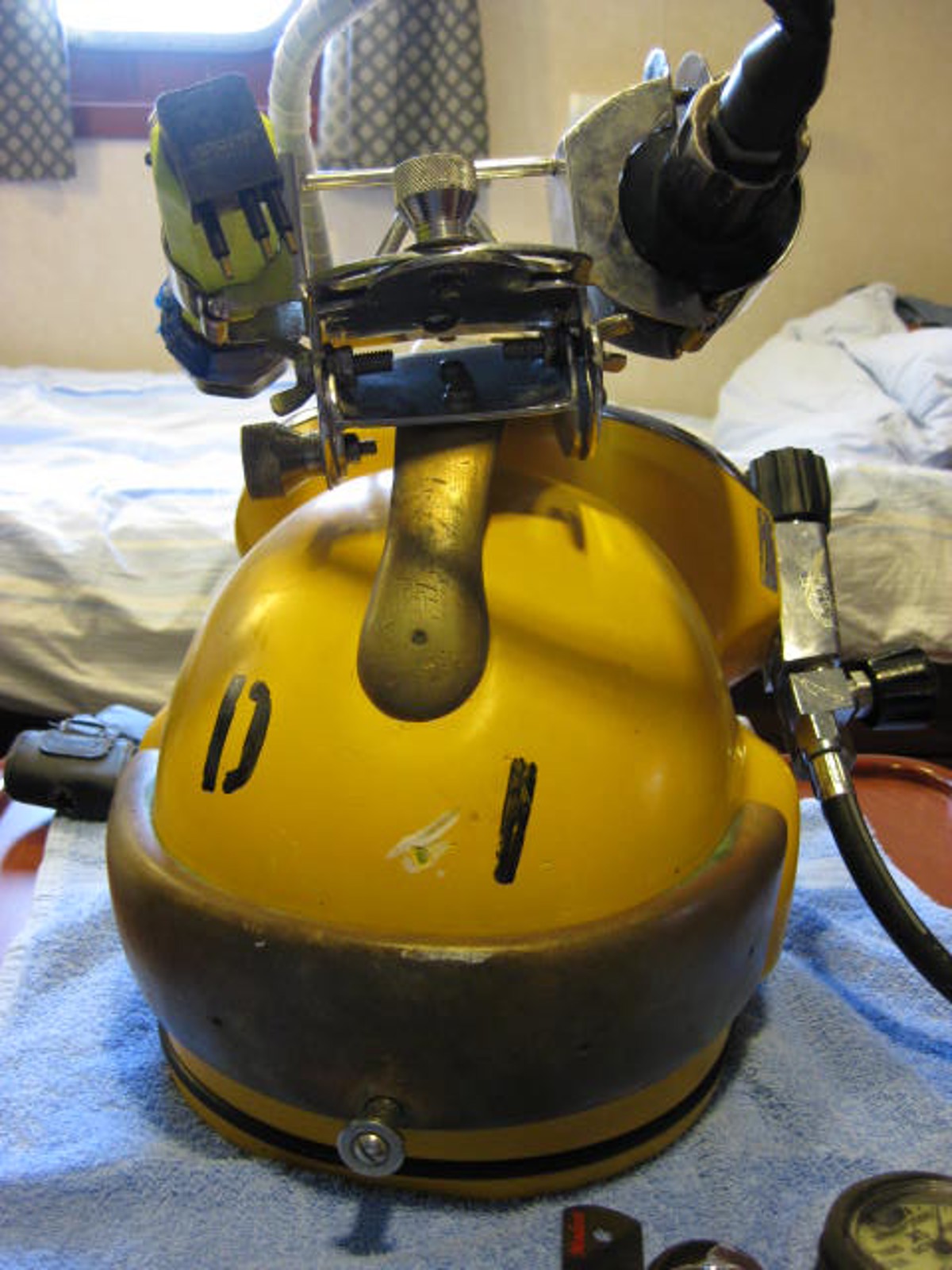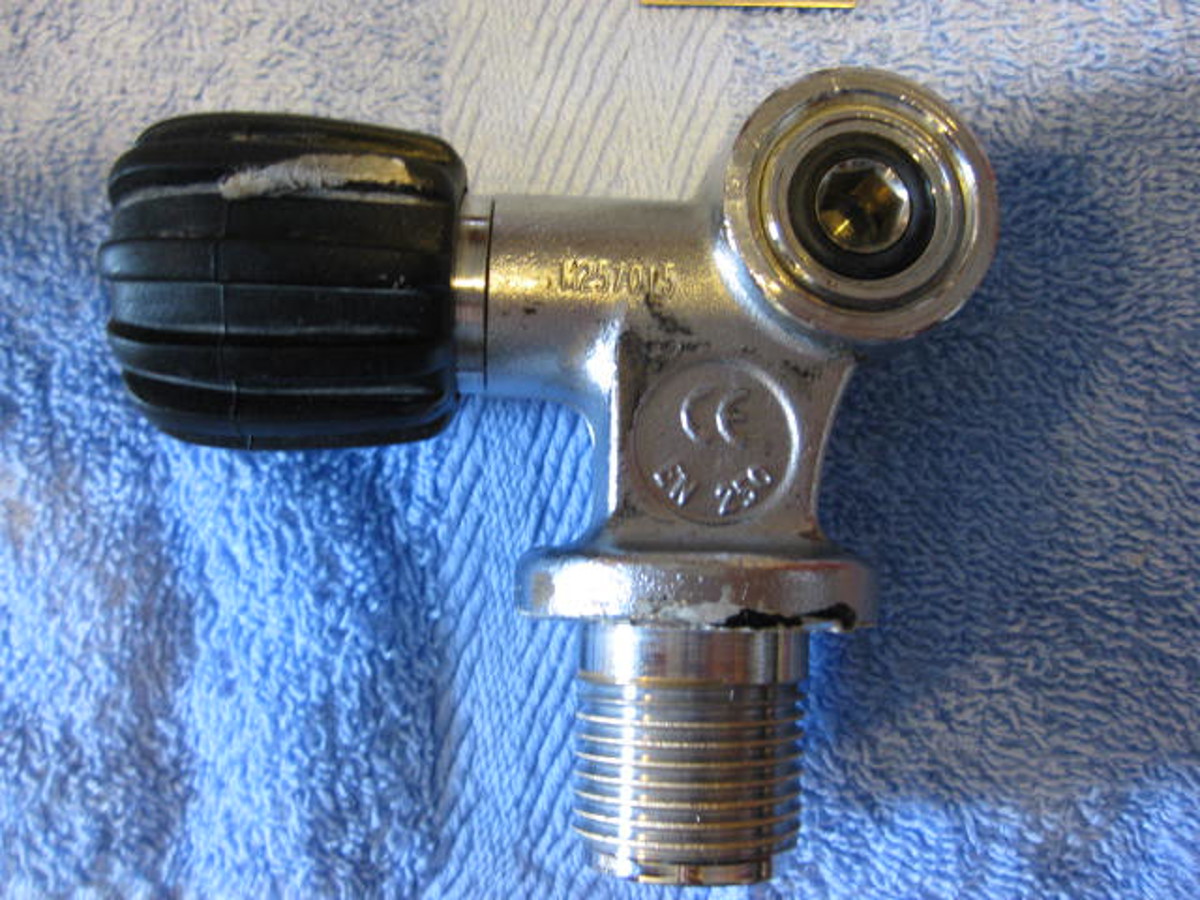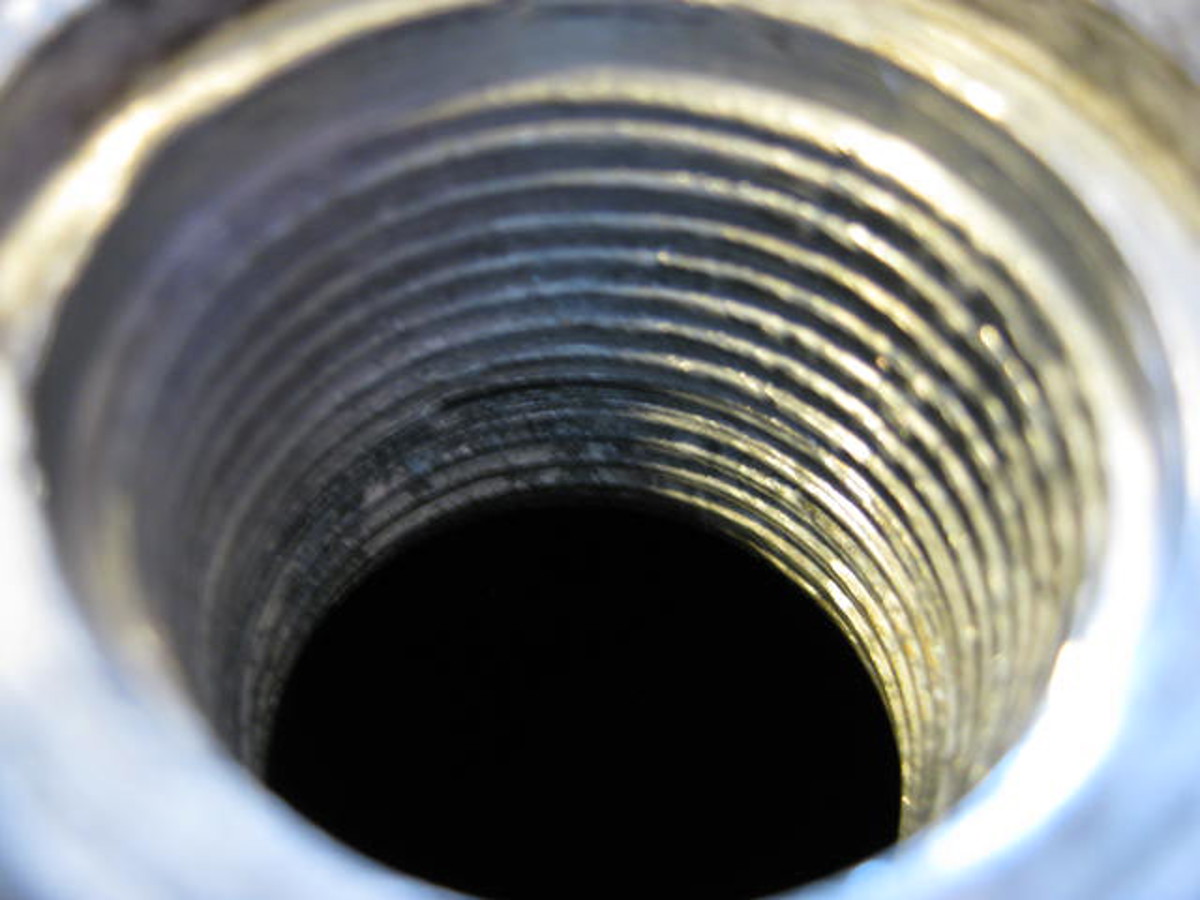Pillar valve failure
- Safety Flash
- Published on 17 August 2009
- Generated on 2 July 2025
- IMCA SF 12/09
- 2 minute read
Jump to:
A Member has reported an incident in which a pillar valve from an emergency gas cylinder separated from the bottle while under pressure, rapidly releasing 50 cu ft of air to atmosphere and hitting a diver’s helmet.
What happened?
A trial run dive was planned in an anchorage prior to mobilisation to a job site. Dive checks were carried out as per standard procedures and the diver was cleared to enter the dive basket, ready for the water. As the diver turned upon entering the basket a loud bang was heard and there followed an escape of gas. The diver collapsed to the stage grating and suffered multiple contusions and a dental insult. He was evacuated to shore for further evaluation and treatment but made a full recovery.
What were the causes?
It was discovered subsequently that the bottles had been sent by a subcontractor to a third party for hydrostatic testing. On their return the bottles were delivered to the dive support vessel. The bottles had been charged to full working pressure of 2800 psi and had held pressure for several days prior to the incident. Investigation revealed that the cylinder (Luxfur S50 brand) had an imperial thread and the pillar valve (MDE 232 bar) which failed had a metric thread. It is considered that the most likely cause of the incident is that the valves were mixed up at the third party testing agency after the hydrostatic test.
Actions
The following actions were taken:
- Subcontractor to initiate further investigation and auditing of the receiving, testing and dispatching process at the third party testing agency.
- Remove from circulation the cylinders from the recent hydrostatic test; test and condemn failed or damaged equipment.
- Ensure all cylinders and pillar valves held and in use at company sites are of the approved thread combination.
- Review acceptance criteria for third party hired equipment to ensure quality remains of the highest standard.
IMCA Safety Flashes summarise key safety matters and incidents, allowing lessons to be more easily learnt for the benefit of the entire offshore industry.
The effectiveness of the IMCA Safety Flash system depends on the industry sharing information and so avoiding repeat incidents. Incidents are classified according to IOGP's Life Saving Rules.
All information is anonymised or sanitised, as appropriate, and warnings for graphic content included where possible.
IMCA makes every effort to ensure both the accuracy and reliability of the information shared, but is not be liable for any guidance and/or recommendation and/or statement herein contained.
The information contained in this document does not fulfil or replace any individual's or Member's legal, regulatory or other duties or obligations in respect of their operations. Individuals and Members remain solely responsible for the safe, lawful and proper conduct of their operations.
Share your safety incidents with IMCA online. Sign-up to receive Safety Flashes straight to your email.


